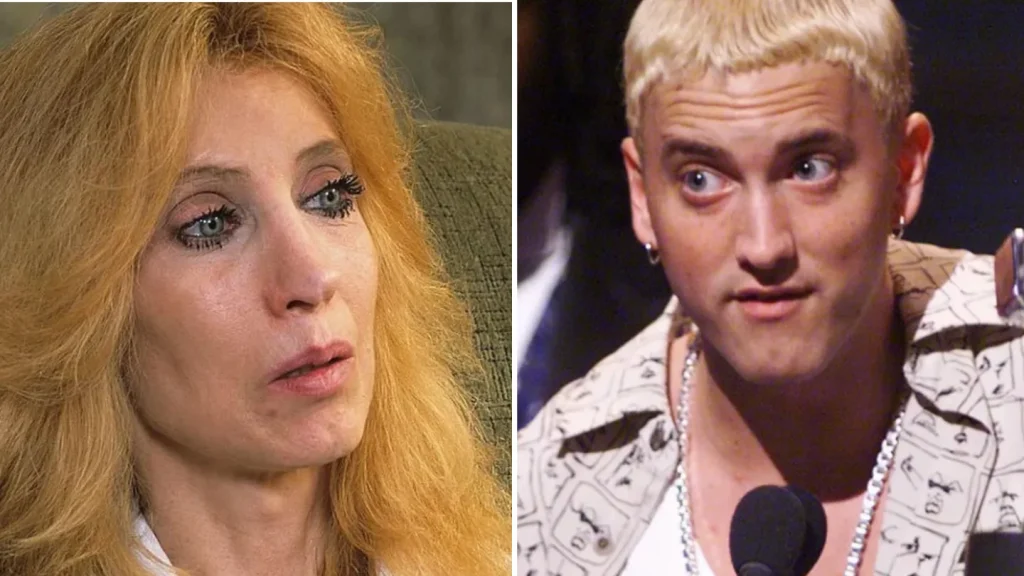Debbie Nelson, a name frequently mentioned in Eminem’s raw and unfiltered lyrics, lived a life marked by complexity and public intrigue.
Known primarily as the mother of Marshall Mathers, the iconic rapper Eminem, her journey as a single mother raising a future music legend has fascinated fans and critics alike.
Born in 1955 on a military base in Kansas, Debbie grew up in what she described as a “large dysfunctional family.”
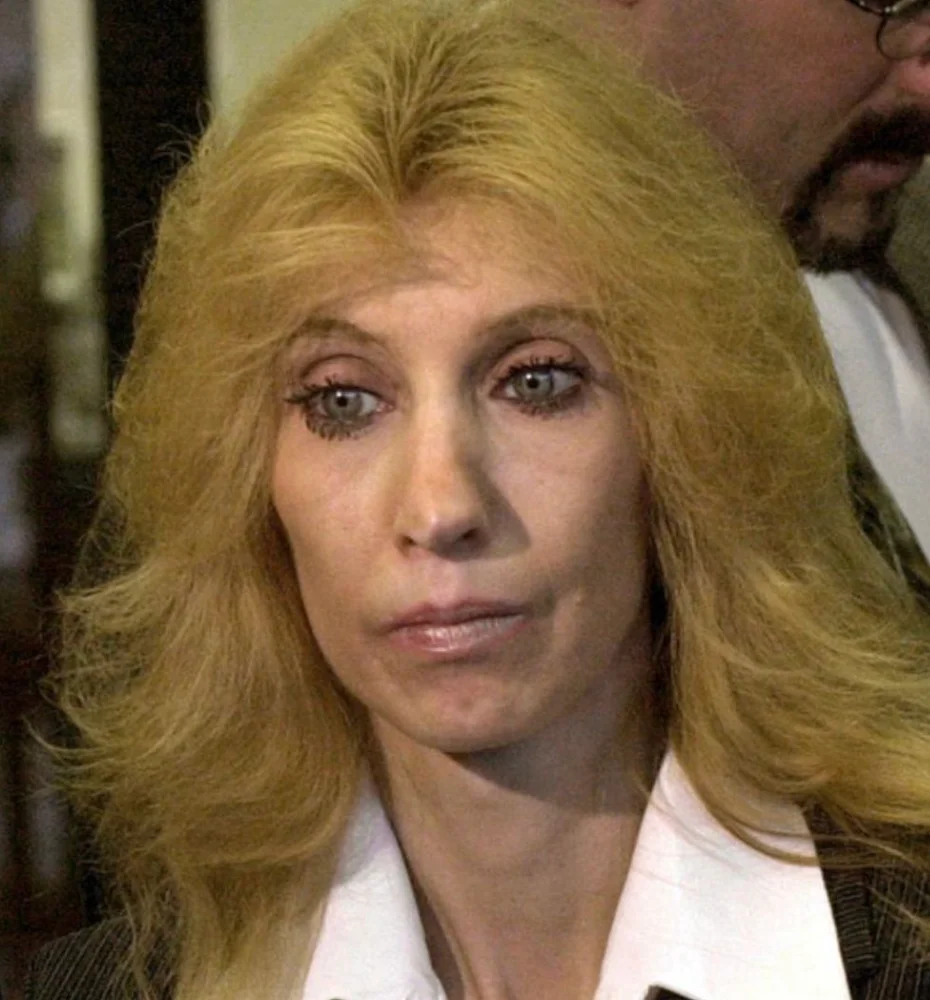
As the eldest of five children, she took on a caregiver role early in life after her parents’ divorce left her with significant responsibilities.
At the young age of 16, Debbie married Marshall Bruce Mathers Jr., and two years later, she gave birth to her first son, Marshall Mathers III, on October 17, 1972.
The marriage was short-lived, and Debbie became a single mother raising Marshall in Detroit, where she faced significant challenges.
Years later, in 1986, she welcomed her second son, Nathan Samra-Mathers, with Fred Samra Jr.

Despite the hardships, Debbie described her relationship with young Marshall as exceptionally close, writing in her memoir, My Son Marshall, My Son Eminem: “Marshall and I were so close that friends and relatives commented that it was as if the umbilical cord had never been cut.”
This bond would later unravel as Eminem’s fame skyrocketed in the late 1990s. His lyrics often portrayed their strained relationship, exposing Debbie’s alleged struggles with substance abuse and painting a turbulent picture of their home life.
In songs like “My Name Is” and “Cleanin’ Out My Closet,” Eminem didn’t shy away from his frustrations. Lyrics such as “Witnessin’ your mama poppin’ prescription pills in the kitchen” resonated with fans while also sparking controversy.
These tensions escalated when Debbie filed an $11 million defamation lawsuit against Eminem in response to his harsh depictions of her in his music. Though she was awarded $25,000, legal fees left her with only $1,600, a far cry from her initial claim.
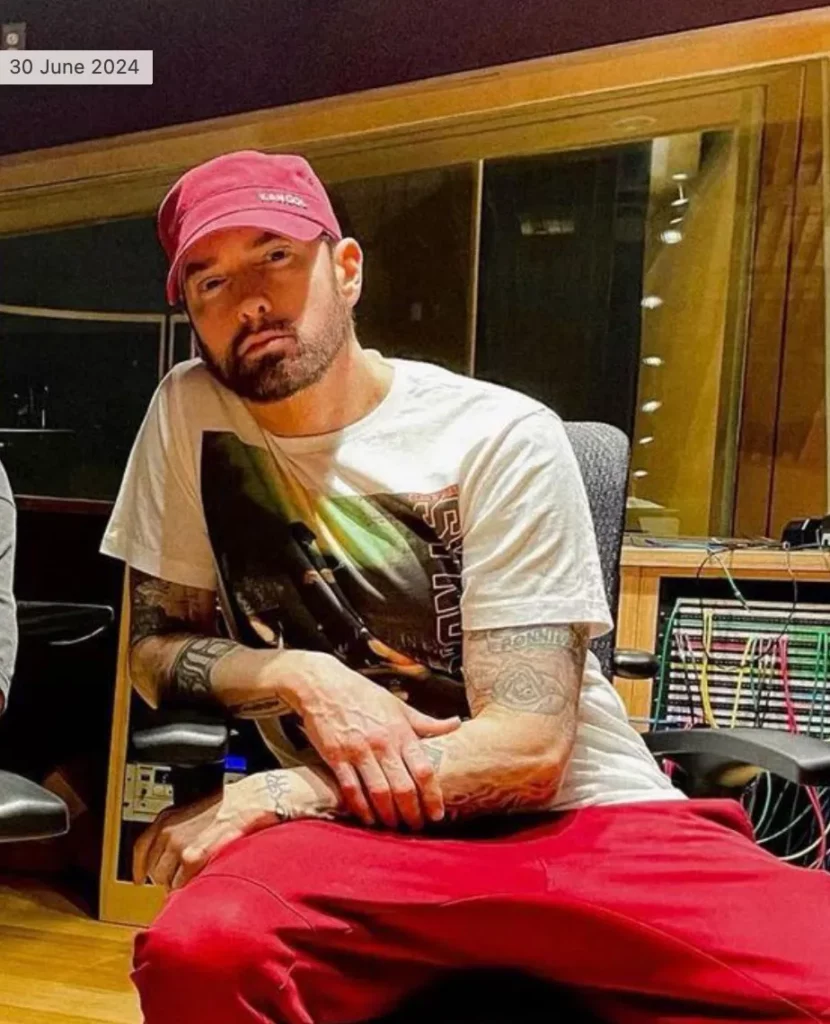
Despite the public disputes, their relationship softened over time. In 2013, Eminem released “Headlights,” a track widely interpreted as an apology to his mother, where he rapped, “And I’m mad I didn’t get the chance to thank you for being my mom and my dad.”
Debbie, too, showed support for her son in her later years. In a 2022 video, she celebrated Eminem’s induction into the Rock and Roll Hall of Fame, saying, “Marshall, I could not let this day go by without congratulating you on your induction to the Hall of Fame. I love you very much.”
Her journey wasn’t without struggles. In her 2008 memoir, Debbie described her challenging childhood, marked by a violent home life, and her determination to care for her siblings and later her sons.
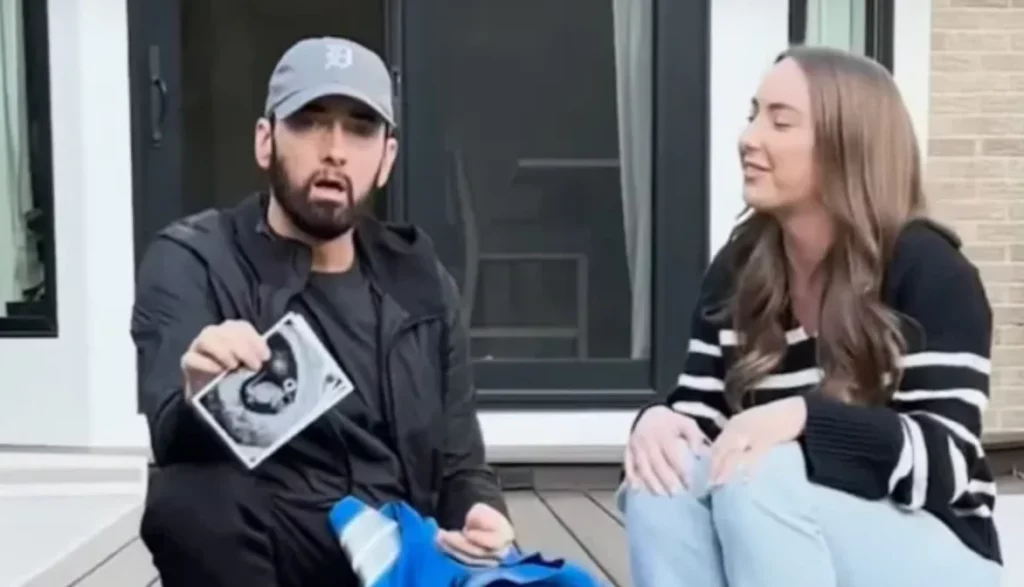
Earlier this year, Debbie was diagnosed with advanced lung cancer, a battle she faced privately. Reports of her illness surfaced in September, but little information was shared about her condition.
Last night, in St. Joseph, Missouri, Debbie Nelson passed away at the age of 69 due to complications from lung cancer. Eminem and his family have not yet commented publicly on her passing.
Her death comes just five years after the passing of her estranged ex-husband, Marshall Bruce Mathers Jr., at the age of 67.
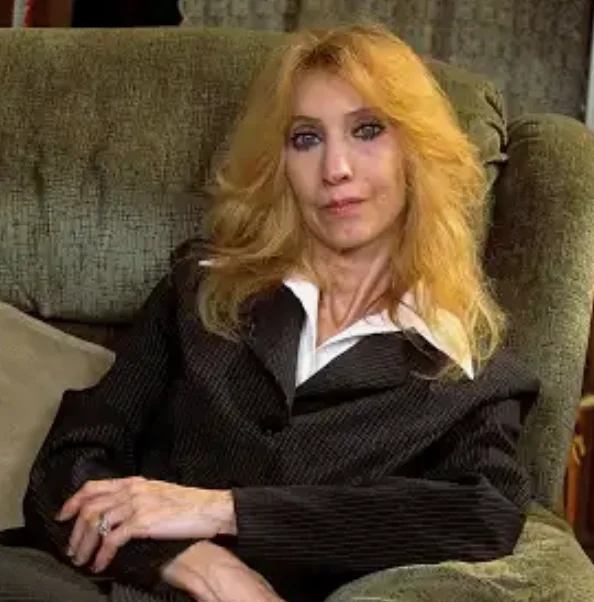
Debbie leaves behind her sons, Marshall and Nathan, and a legacy intricately tied to one of the most iconic figures in music history.
Featured Image Credit: (Instagram/ @eminem)

